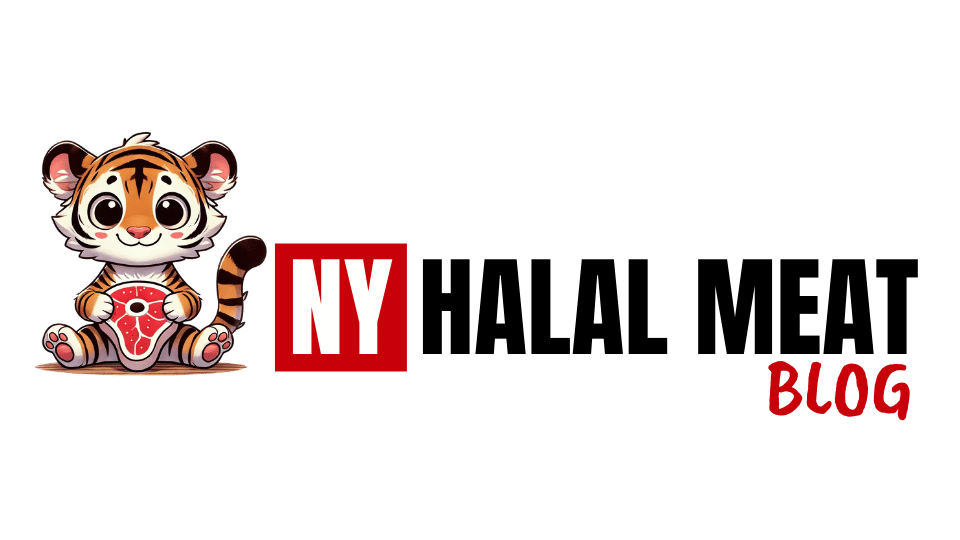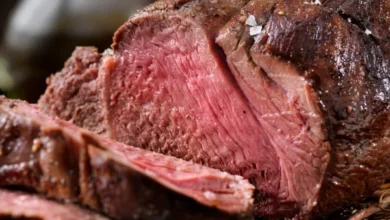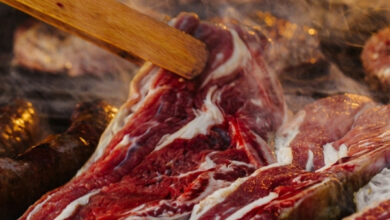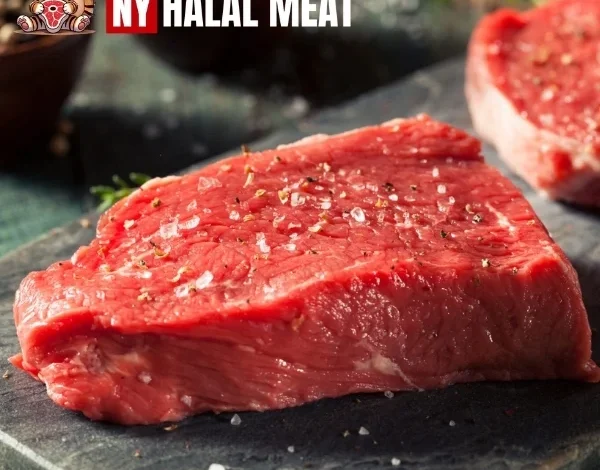
Common Myths About Halal Meat: Separating Fact from Fiction
Explore the reality behind common misconceptions about halal meat and understand why its principles align with ethical, sustainable, and hygienic practices.
What Is Halal Meat?
Halal, meaning “permissible” in Arabic, refers to food prepared in adherence to Islamic dietary laws. For meat to be halal, it must follow specific guidelines ensuring ethical slaughter, hygiene, and respect for the animal.
To explore halal-certified options, visit NY Halal Meat.
Myth 1: Halal Meat Is Only for Muslims
Halal meat is not exclusive to Muslims. While it fulfills Islamic dietary needs, many non-Muslims choose halal for its emphasis on hygiene, ethical sourcing, and clean preparation methods.
Myth 2: Halal Slaughter Is Inhumane
This is a common misconception. Halal slaughter requires the animal to be treated with care, minimizing stress before slaughter. The process uses a sharp knife for a quick, painless death, ensuring humane treatment.
Myth 3: Halal Meat Tastes Different
The taste of halal meat depends on factors such as the animal’s diet and cooking methods rather than the halal process itself. The thorough removal of blood in halal slaughter can result in a fresher flavor that some people prefer.
Myth 4: Halal Meat Is Unhealthy
On the contrary, halal meat is often considered healthier. The complete drainage of blood reduces bacterial contamination, and halal-certified products are free from harmful additives and pork derivatives.
Discover high-quality halal products at NY Halal Meat.
Myth 5: Halal Certification Is Easy
Halal certification is a rigorous process that ensures compliance with Islamic guidelines. From sourcing to packaging, every step is monitored to meet strict standards.
Myth 6: Halal Meat Is More Expensive
Halal meat is not inherently more expensive. While certification may add a small cost, many consumers find the ethical and hygienic benefits worth the price.
Myth 7: Halal and Kosher Are the Same
Although halal and kosher share similarities in ethical practices, they follow different guidelines. For example, halal includes the recitation of a prayer during slaughter, and there are no restrictions on mixing meat with dairy.
Myth 8: Non-Halal Meat Can Be Made Halal by a Prayer
Halal certification involves more than a prayer. It requires ethical sourcing, humane slaughter, and hygienic preparation. Simply reciting a prayer does not make meat halal.
Myth 9: Halal Meat Is Always Organic
While halal focuses on cleanliness and ethical practices, it does not necessarily mean the meat is organic. However, many halal suppliers also prioritize organic and sustainable farming.
Myth 10: Halal Meat Is Hard to Find
With the growing demand for halal food, it is now widely available in supermarkets, specialty stores, and online platforms. Cities with diverse populations often have dedicated halal sections. Visit NY Halal Meat for convenient online halal options.
Why Halal Meat Matters
Halal meat embodies ethical sourcing, respect for the environment, and clean preparation. These principles align with modern values of sustainability and health-conscious eating.
Conclusion
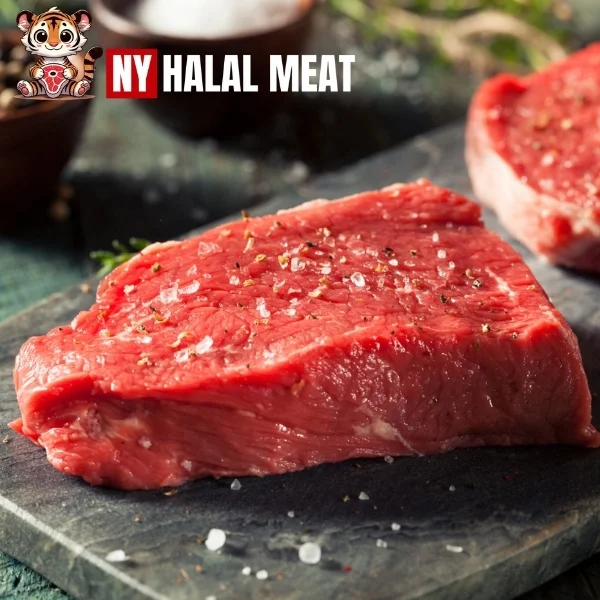
Debunking these myths highlights the value and appeal of halal meat beyond its religious significance. Whether for ethical, hygienic, or quality reasons, halal meat offers benefits for everyone.
Explore a wide range of halal-certified options at NY Halal Meat to experience the difference halal standards make.
